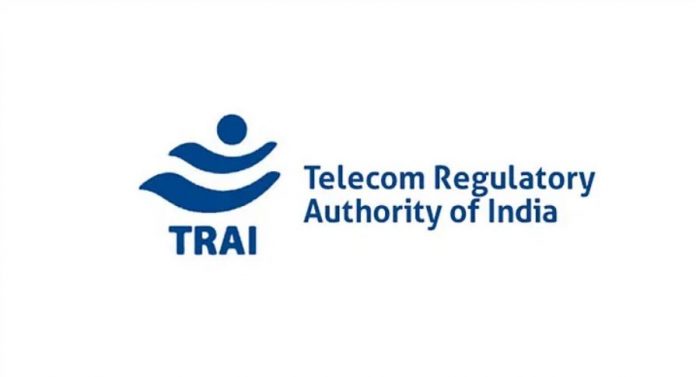The Telecom Regulatory Authority of India (TRAI) has rolled out groundbreaking reforms aimed at reshaping the telecom sector. The Telecom Consumers Protection (Twelfth Amendment) Regulations 2024 mark a significant shift towards consumer-centric services, prioritizing affordability and flexibility. By introducing call and SMS-only plans and extending the validity of Special Tariff Vouchers (STVs), TRAI is setting the stage for a more inclusive telecom experience.
Table of Contents
Key Highlights of the 12th Amendment
Call and SMS-Only Plans
TRAI’s latest amendment focuses on introducing tariff plans tailored exclusively for voice calls and SMS services. This move eliminates the mandatory inclusion of data benefits, allowing consumers to choose plans that truly align with their needs.
Extended Validity for STVs
Special Tariff Vouchers will now come with a 365-day validity, a substantial increase from the earlier 90 days. This change provides long-term value and affordability to users, especially those in rural areas or with limited telecom budgets.
The Rationale Behind the Move
The amendment addresses the needs of 150 million 2G users who rely on basic telecom services and do not require data plans. Additionally, it benefits individuals with dual SIM setups, where one SIM is reserved for calls and texts. By eliminating the need for bundled plans, TRAI aims to reduce unnecessary costs for millions of subscribers.
Benefits for Consumers
- Increased Affordability:
- Consumers can now access telecom services without overpaying for unused data.
- Simplified Choices:
- The removal of mandatory bundles makes it easier to pick a plan that suits specific needs.
- Enhanced Value:
- Long-term benefits, like extended STV validity, ensure that users get more for their money.
Challenges for Telecom Operators
While this amendment is a win for consumers, telecom operators face challenges:
- Strategic Adjustments for 2G Providers:
- Companies like Airtel and Vodafone Idea must rethink their offerings to accommodate this change.
- ARPU Impact:
- Average Revenue Per User could take a hit as bundled plans often contribute significantly to revenue.
- Minimal Impact on Jio:
- Jio, a 4G and 5G operator, remains largely unaffected due to its exclusive focus on data-enabled services.
The Role of Stakeholder Consultations
TRAI conducted consumer surveys and held discussions with stakeholders to ensure the amendment addresses real-world concerns. This collaborative approach underscores the regulatory body’s commitment to prioritizing consumer needs.
Extended Validity for Special Tariff Vouchers
The decision to increase STV validity to a full year ensures that users, especially in remote areas, enjoy consistent connectivity without frequent recharges. It’s a cost-effective solution for long-term telecom needs.
Implications for the Telecom Industry
The industry is likely to see a shift in market dynamics, with providers forced to innovate while maintaining profitability. The pressure is particularly acute for 2G operators, who must balance consumer demands with operational costs.
Global Comparisons
Globally, similar consumer-focused reforms have been successful in countries like Germany and Japan, where tailored plans are commonplace. India can draw inspiration from these models to further refine its approach.
Predictions and Future Outlook
Looking ahead, these changes could pave the way for niche telecom plans catering to diverse user needs. Over time, this might encourage a more customer-centric approach across the sector, enhancing India’s digital ecosystem.
Conclusion
TRAI’s new regulations mark a pivotal moment in India’s telecom journey. By prioritizing consumer value and eliminating unnecessary costs, these reforms promise a brighter, more affordable future for millions of subscribers. However, the road ahead isn’t without challenges for telecom operators. Balancing profitability with customer satisfaction will be key to navigating this new landscape.












